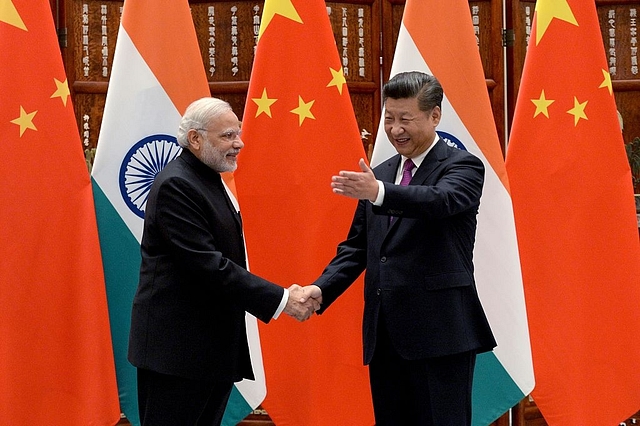
China Refuses To Budge From Its Stand On India’s Membership Of The Nuclear Suppliers Group
India’s main opponent to joining the Nuclear Suppliers Group (NSG), China, maintained its stand on the issue and called for a two-step “non-discriminatory” solution to admit non-NPT members into the 48-member elite grouping.
At a media briefing in Vienna, Chinese Foreign Ministry spokesperson Geng Shuang said:
We maintain that we should follow two-step approach. First we should find out a solution that is applicable to all non-NPT members applications to the NSG through consultations and discussions… We believe that the solution should be non-discriminatory and applicable to all non-NPT members and it must not damage the core value of the NSG as well as the authority, effectiveness and integrity of the NPT… We hope that we can enter into the second step after finishing the first step at an early date which is to talk about specific non-NPT members joining the NSG
Shuang’s remarks came following the NSG meeting in Vienna on 11 November. China’s stand for a non-discriminatory criterion is significant as Pakistan, a close ally of Beijing, has applied for NSG membership along with India.
Shuang added that in the Vienna meeting, NSG members for the first time talked about the entry of new members.
An earlier statement by the Chinese Foreign Ministry said:
It is the first time a discussion, not only since the Seoul Plenary, but also since the NSG’s inception in 1975, for the Group to formally take up the issue of non-NPT states’ participation in an open and transparent manner.
As of now, India has the support of the United States and majority of the NSG members based on its non-proliferation record in comparison to that of Pakistan, which has faced serious allegations of nuclear proliferation in the past.